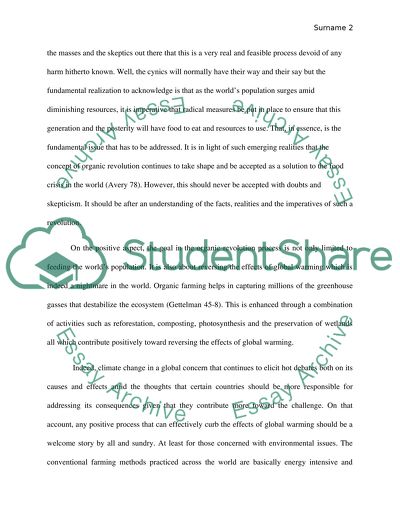Cite this document
(“Organic Revolution Essay Example | Topics and Well Written Essays - 1250 words”, n.d.)
Retrieved from https://studentshare.org/english/1437077-organic-revolution
Retrieved from https://studentshare.org/english/1437077-organic-revolution
(Organic Revolution Essay Example | Topics and Well Written Essays - 1250 Words)
https://studentshare.org/english/1437077-organic-revolution.
https://studentshare.org/english/1437077-organic-revolution.
“Organic Revolution Essay Example | Topics and Well Written Essays - 1250 Words”, n.d. https://studentshare.org/english/1437077-organic-revolution.


